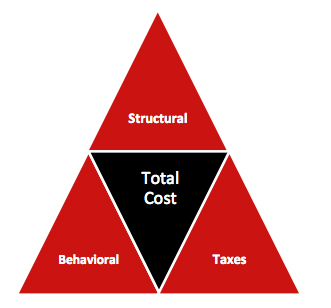1. OPPORTUNITY. There are dozens of these every day, unfortunately you can’t buy them all, so only pick the top 10 and then narrow them down to 2 to 3.
This is done by using your buying criteria which is part of your trading plan which you already have written down. (Hopefully you have one?)
2. BUYING and SELLING. I have a pre planned strategy which I have developed by trial and error; this was achieved by learning by my trading mistakes and the mistakes of others.
3. PATIENCE.This is definitely a virtue worth developing. Sometimes the market is going up in the right direction, but is not going as fast upwards as you would like. Be patient and use a “stop loss” to lock in those profits. However small they may be. Also don’t always be in a hurry to “buy that next share” just because you have that money burning a hole in your pocket. Do your homework and then you have chosen the right share for the right reasons and not just because it looked good
4. STRESS.If it is hurting! Don’t do it, cut your losses or be content with a small profit and get out. (more…)

 1. never EVER add to a losing position. EVER! If it’s not working, why add good money to bad? At this point, you are in damage control mode. It’s another thing if you are trying to pyramid into a position. For example: You go into a trade with 1/3 size, add another 1/3 and add the final 1/3 in an attempt to build a full position in a stock you feel strongly about. I do not mind that. But adding money to a full position which is not working is a BIG NO in my book! You never want any ONE trade to ruin your entire week or month folks. DISCIPLINE!
1. never EVER add to a losing position. EVER! If it’s not working, why add good money to bad? At this point, you are in damage control mode. It’s another thing if you are trying to pyramid into a position. For example: You go into a trade with 1/3 size, add another 1/3 and add the final 1/3 in an attempt to build a full position in a stock you feel strongly about. I do not mind that. But adding money to a full position which is not working is a BIG NO in my book! You never want any ONE trade to ruin your entire week or month folks. DISCIPLINE!
 Winners are those with the best ideas. Small ideas are worth a small sum, and big ideas are priceless. Ideas that make money cost money and the most valuable rewards go to ideas with the most value. The age of the big thinker is now. It is an era where profits go to the prophets:
Winners are those with the best ideas. Small ideas are worth a small sum, and big ideas are priceless. Ideas that make money cost money and the most valuable rewards go to ideas with the most value. The age of the big thinker is now. It is an era where profits go to the prophets:

 1)
1)